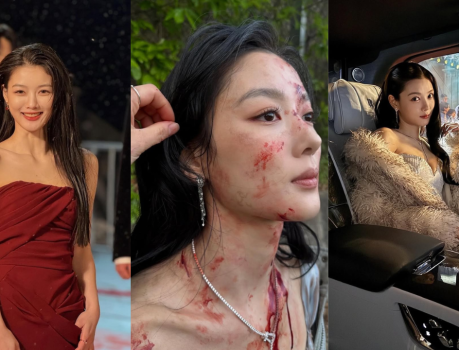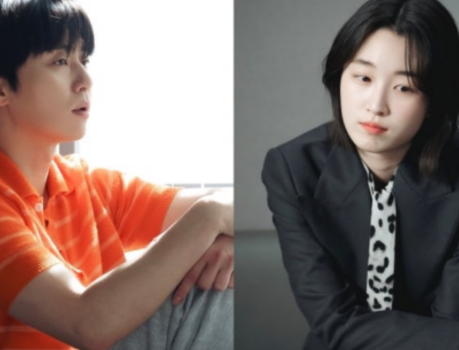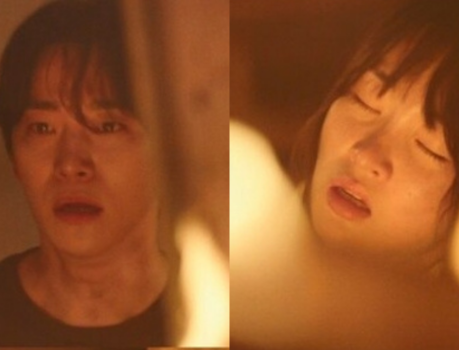K-dramas are pretty moral. Here are just a few of the moral judgments they make in an entertaining way. Bad guys rarely get away with their evil deeds indefinitely. Hard work pays off. Having compassion is important. People can change. Destorying your life in the pursuit of revenge is a bad idea. Love that's true will wait.
If you think about it, you've probably seen a few examples.
Good triumphs over evil: K-dramas feature some pretty terrible villains who seem to get away with the most horrible deeds. But they don't get away with it forever. They all eventually pay for their crimes.
n "Big Man" an innocent man's life was threatened for a rich man's organ transplant. The crime was a k-drama low. But in the end the corporate bad guys get punished. Kang Ji Hwan dave them a chance to repent but they chose to pursue their unbelievably evil ways. Good did triumph over evil.
The price of revenge can be too high: And while criminals should be brought to justice, dedicating your life to destroying your enemies as Kim Nam Gil did in "Shark" is a bad idea. It's important not to sink to their level or to forget to live in the all-consuming pursuit of that revenge.
Hard work pays off: Perhaps the message that's most often hammered home in k-dramas is that hard work will pay off eventually, even if it does in the form of a lucky break. Someone will notice your efforts.
The Candy Girl heroines who slave away and then are recognized for their unique gifts are a popular feature in dramas. From Yoon Eun Hye's disguised coffee waiter in "Coffee Prince" to Moon Geun Young's conflicted Candy Girl in "Cheomdamdung Alice" to Choi Kang Hee's dedicated secretary in "Protect the Boss," these women are rewarded for sticking with whatever or whomever they want, whether it's a man or a job or both.
People can change and they can change for the better: Just think of how often people change in k-dramas and in how many dramatic ways. Often in romantic comedies it's the male lead that needs lessons in becoming a better person. Usually in romcoms it's the chaebol who thinks he's God's gift to the world. He needs some pointers on getting real.
In romantic comedies like "Fated To Love You," it was inevitable that the spoiled chaebol played by Jang Hyuk learned some humility. At the same time the wife he nicknamed "the snail" learned to stand up for herself.
Not looking down on others and having compassion is important. Acceptance and kindness are repaid. In "God's Gift - 14 Days," the very smart writer played by Lee Bo Young initially thinks less of her child's mentally challenged friend, only to ultimately have that friend save her daughter's life.
In "Triangle" it's Kim Jae Joong's act of compassion to a fellow prisoner that ultimately changes his fate.
True love waits: And finally there's the message that a person who truly loves will wait for the object of their affections. They will wait until the other person is ready for the next level of the relationship. Sometimes they will wait for years for their one true love as Park Yoochun did in "Missing You." He returned to the same playground for 15 years in the hope that he might see Yoon Eun Hye again. A time-tested love is a true one.
Maybe that's why we like k-dramas. They offer the hope that people will change for the better, that the bad guys will get what they deserve and that true love waits. It's the kind of world we all want to live in.












